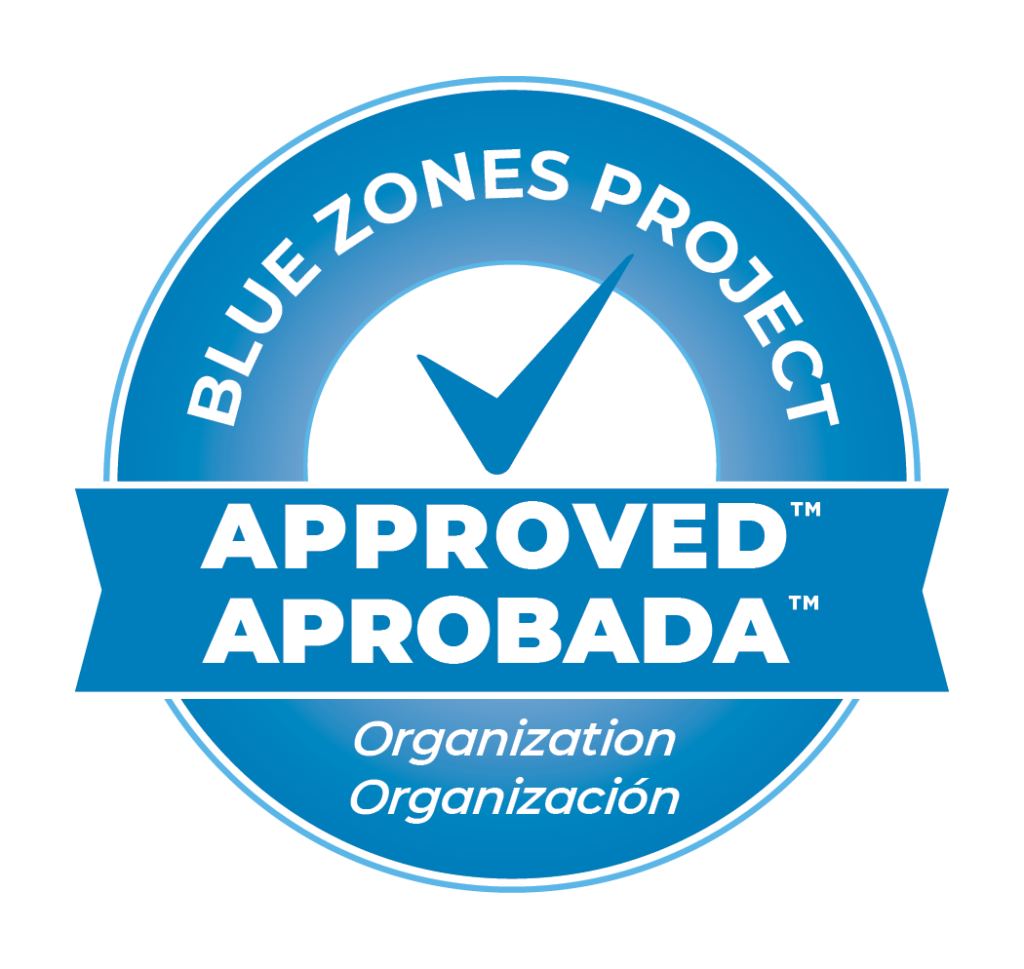[vc_row type=”in_container” full_screen_row_position=”middle” scene_position=”center” text_color=”dark” text_align=”left” overlay_strength=”0.3″ shape_divider_position=”bottom” bg_image_animation=”none”][vc_column column_padding=”no-extra-padding” column_padding_position=”all” background_color_opacity=”1″ background_hover_color_opacity=”1″ column_link_target=”_self” column_shadow=”none” column_border_radius=”none” width=”1/1″ tablet_width_inherit=”default” tablet_text_alignment=”default” phone_text_alignment=”default” column_border_width=”none” column_border_style=”solid” bg_image_animation=”none”][image_with_animation image_url=”11530″ alignment=”” animation=”Fade In” border_radius=”none” box_shadow=”none” max_width=”100%”][/vc_column][/vc_row][vc_row type=”in_container” full_screen_row_position=”middle” scene_position=”center” text_color=”dark” text_align=”left” overlay_strength=”0.3″ shape_divider_position=”bottom” bg_image_animation=”none”][vc_column column_padding=”no-extra-padding” column_padding_position=”all” background_color_opacity=”1″ background_hover_color_opacity=”1″ column_link_target=”_self” column_shadow=”none” column_border_radius=”none” width=”1/1″ tablet_width_inherit=”default” tablet_text_alignment=”default” phone_text_alignment=”default” column_border_width=”none” column_border_style=”solid” bg_image_animation=”none”][/vc_column][/vc_row][vc_row type=”in_container” full_screen_row_position=”middle” scene_position=”center” text_color=”dark” text_align=”left” overlay_strength=”0.3″ shape_divider_position=”bottom” bg_image_animation=”none”][vc_column column_padding=”no-extra-padding” column_padding_position=”all” background_color_opacity=”1″ background_hover_color_opacity=”1″ column_link_target=”_self” column_shadow=”none” column_border_radius=”none” width=”1/1″ tablet_width_inherit=”default” tablet_text_alignment=”default” phone_text_alignment=”default” column_border_width=”none” column_border_style=”solid” bg_image_animation=”none”][vc_column_text]Treatment and recovery are ongoing processes that happen over time. Most people with mental health problems can get better. Recovery is Real.
Recovery begins with HOPE. Believing that recovery is real, that people can, and do, overcome internal and external challenges, barriers and obstacles that confront them is the essential motivating message of hope.
Recovery is PERSON CENTERED. Individuals define their own goals and design their own paths to those goals. They lead, control and exercise choice over the services used to assist their recovery, and in so doing, are empowered to make informed decisions, build on strengths and gain or regain control of their lives…
Because individuals are unique with distinct needs, strengths, preferences, goals, culture and backgrounds, and because trauma experiences are often a factor, Recovery OCCURS VIA MANY PATHWAYS. These pathways are highly personalized and may include professional clinical treatment, use of medications, support from families and in schools, faith-based approaches, peer support, and other methods.
Recovery is NON-LINEAR. It often is characterized by continual growth and improved functioning that may include setbacks. Setbacks are a natural, but not inevitable part of the recovery process. Recovery pathways can be strengthened by creating a supportive environment that fosters resilience for the individuals and their families and other supporters.
Recovery is HOLISTIC and encompasses all areas of a person’s life, including family, employment, housing, transportation, education, faith, spirituality, creativity, social networks, community participation and a myriad of other issues. Additionally, there are the supports of primary care physicians, clinicians who treat mental health and substance use disorders, and other complementary and alternative care practitioners. All these supports and services are integrated and coordinated to benefit the individual.
Recovery is SUPPORTED BY PEERS AND ALLIES who share, encourage and engage individuals and provide a vital sense of belonging and community. By helping others and giving back to the community, one helps oneself.
Additionally, Recovery is SUPPORTED THROUGH RELATIONSHIPS AND SOCIAL NETWORKS. The presence and involvement of others who offer hope to a person in recovery and believe in the person’s ability to recover is essential. Family members, peers, faith groups, community members, and other allies form vital support networks, and provide healthy life roles that lead to a sense of belonging, empowerment, autonomy, and community. These relationships and social networks offer hope, support and encouragement.
Recovery is CULTURALLY BASED AND INFLUENCED. One’s culture and background including values, traditions and beliefs are key in determining a person’s unique pathway to recovery. Recovery services that are culturally grounded, attuned, sensitive congruent and competent as well as uniquely personalized to the individual’s needs will be most effective.
Recovery that is effective ADDRESSES TRAUMA. Traumatic experiences such as physical or sexual abuse, domestic violence, war, disaster and other events are often precursors to or associated with alcohol and drug use and mental health problems. Recovery services should be trauma-informed to foster physical and emotional safety and trust while promoting empowerment, choice and collaboration.
Recovery INVOLVES INDIVIDUAL, FAMILY AND COMMUNITY STRENGTHS AND RESPONSIBILITY. Individuals, families, and communities have strengths and resources that serve as a foundation for recovery. Individuals have a personal responsibility for their own self-care and journeys of recovery and should be supported in speaking for themselves. Those in recovery benefit from the ability to join with peers to speak collectively about their strengths, needs, wants and aspirations.
Recovery is BASED ON RESPECT. There is a need to acknowledge that taking steps toward recovery often requires great courage and is hard work. Self-acceptance and regaining one’s belief in one’s self are particularly important in achieving recovery. Those affected by mental health and substance use problems deserve appreciation and respect.
(Adapted from SAMHSA’s Recovery Support Initiative, www.samhsa.gov/recovery)[/vc_column_text][/vc_column][/vc_row][vc_row type=”in_container” full_screen_row_position=”middle” scene_position=”center” text_color=”dark” text_align=”left” overlay_strength=”0.3″ shape_divider_position=”bottom” bg_image_animation=”none”][vc_column column_padding=”no-extra-padding” column_padding_position=”all” background_color_opacity=”1″ background_hover_color_opacity=”1″ column_link_target=”_self” column_shadow=”none” column_border_radius=”none” width=”1/1″ tablet_width_inherit=”default” tablet_text_alignment=”default” phone_text_alignment=”default” column_border_width=”none” column_border_style=”solid” bg_image_animation=”none”][nectar_btn size=”small” button_style=”see-through-2″ hover_text_color_override=”#ffffff” icon_family=”none” url=”http://interiminc.org/programs/” text=”Reach out for help” margin_right=”20″][nectar_btn size=”small” button_style=”see-through-2″ hover_text_color_override=”#ffffff” icon_family=”none” url=”https://visitor.r20.constantcontact.com/manage/optin?v=001EHs8nXD-JT8ET9I6bsb8Qz7BUNzeIGewN9M0bWPLSO1vb6KhUV168Qp6OIkP7FuOYMz2uvZ7pG0qtRtFCH3YHmXOV6JzlwCt3KQLLK0zeCzh73fspqL3b2dh7K5EHbJ1BFijmpDPcZ26_NBdCLO91OrQhUZ0n9KZr1UlDW6kbT7l-cJ3yijW0c3vcA-B2DHfoDqzMzg2VS00sNw3tvQhMro182dM8Qqwy3HFVWfPT3BHZwlpBkwT4Q%3D%3D” text=”Sign up for our newsletter”][/vc_column][/vc_row]




